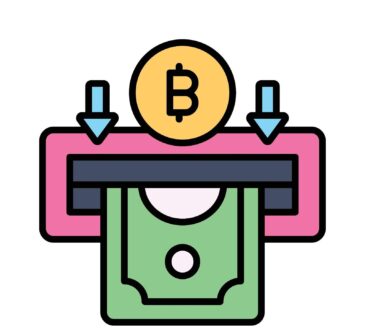
WHAT IS A SURETY BOND?
A surety bond is a legal agreement involving three parties:
- The principal (the person or business purchasing the bond).
- The obligee (the government agency or company requiring the bond).
- The surety company (the provider of the bond).
Types of surety bonds include:
- Contract Bonds: Used in construction projects to ensure work is completed.
- Commercial Bonds: These are required for businesses to comply with laws.
- Court Bonds: Needed in legal cases, such as appeal bonds and bail bonds.
SURETY BOND VS. INSURANCE
Both surety bonds and insurance offer financial protection, but they are different:
- Surety bonds protect the obligee (the project owner or customer), not the principal.
- Insurance protects the policyholder from financial losses.
For example, if a contractor does not complete a project, a performance bond covers the loss, but the contractor must repay the surety company. In contrast, insurance (like car insurance) covers losses without requiring repayment.
SURETY BONDS BENEFIT BUSINESSES AND CUSTOMERS
Surety bonds build trust between businesses and clients. Customers also prefer bonded contractors.
For businesses, having a surety bond can be an advantage. Many project owners prefer to work with bonded contractors, even if they cost slightly more. Go to site.
CREDIT SCORE AFFECTS SURETY BOND COST
The price of a surety bond depends on factors like the type of bond and its value, but credit score is the most important factor. Here’s an estimate of costs based on credit score:
- 700+: 0.5% – 1.5% of the bond amount
- 600-649: 2.5% – 4.5%
- 550-599: 4.5% – 7.5%
- COSIGNER
If your credit score is low, a cosigner with good credit can help lower your bond costs. However, cosigners are responsible for repayment if the principal fails to meet obligations.
COMPARE BEFORE BUYING
Surety bond prices vary across different providers. Getting multiple quotes before buying a bond can help you find the best price.
KEEP YOUR BOND UPDATED
If your business changes, you must update your bond. Common changes include:
- Business name or address
- Ownership structure
- Bond amount
FINANCING OPTIONS AVAILABLE
Many companies offer financing plans, allowing payments in installments. However, financing usually costs more over time, so it is best to pay upfront if possible.
SURETY CLAIM BONDS MUST BE REPAID
If a claim is made against your bond and the surety company pays, you must repay the full amount. For example, if a contractor’s bond covers $25,000 and a claim is approved, the surety company pays but then collects the amount from the contractor.
If the contractor refuses to pay, the bond may be canceled, and they could lose their license.
SURETY BONDS MAY BE TAX DEDUCTIBLE
If you buy a surety bond for business purposes, the cost may be tax-deductible. However, personal surety bonds, like bail bonds, are not deductible. Consult a tax expert to confirm if you can deduct the cost.
By understanding these key points, you can make a smart decision when purchasing a surety bond.




